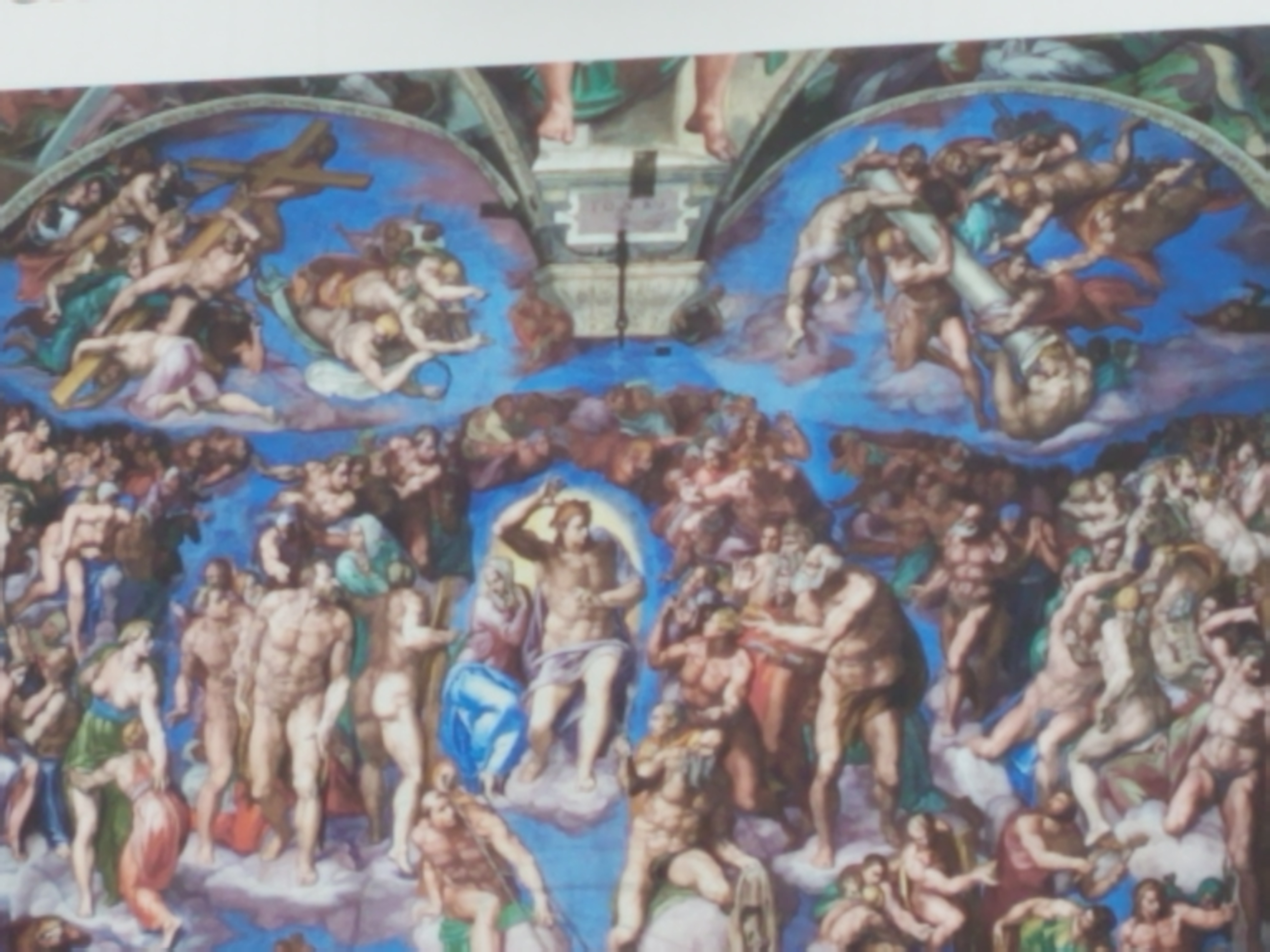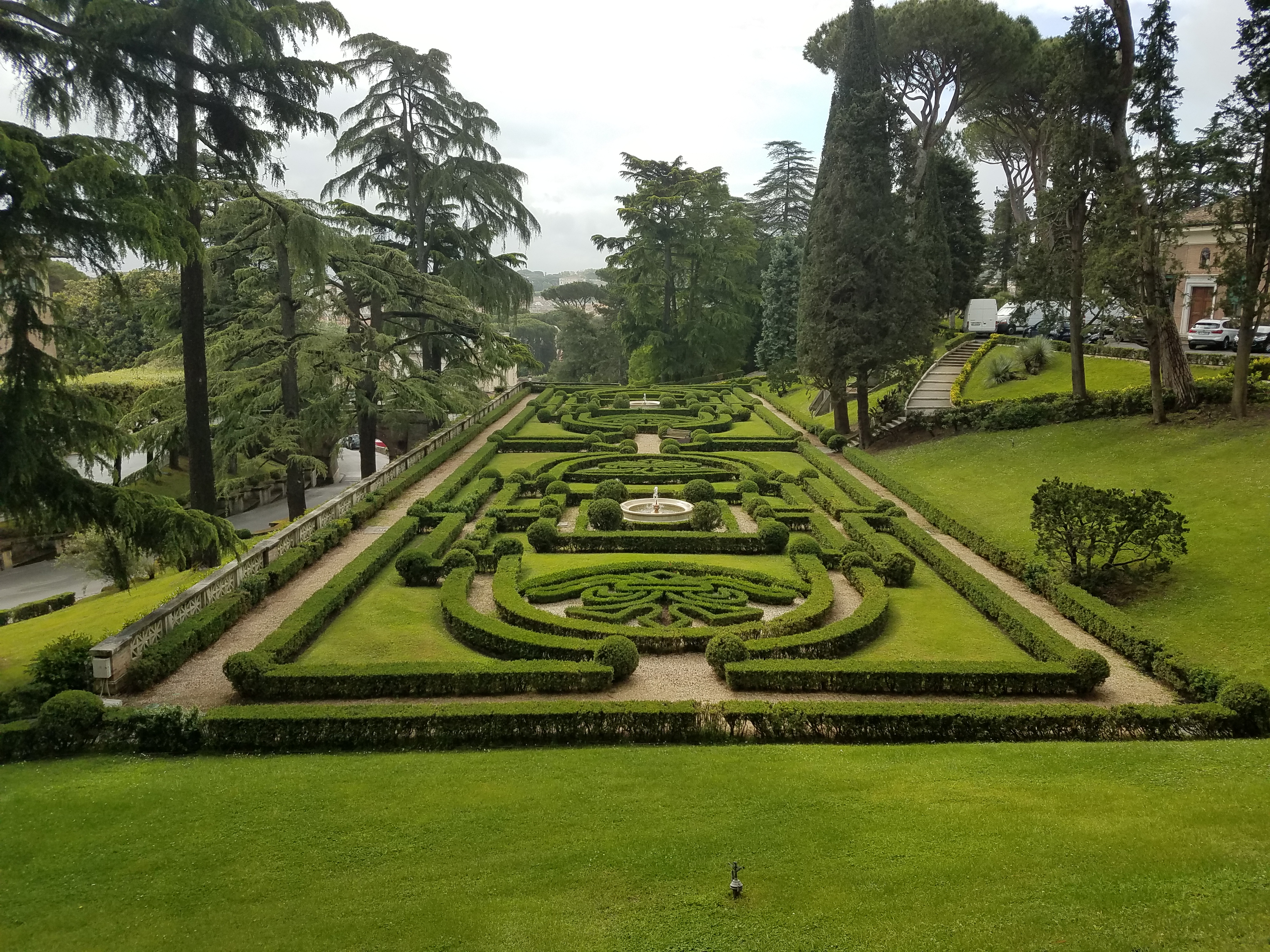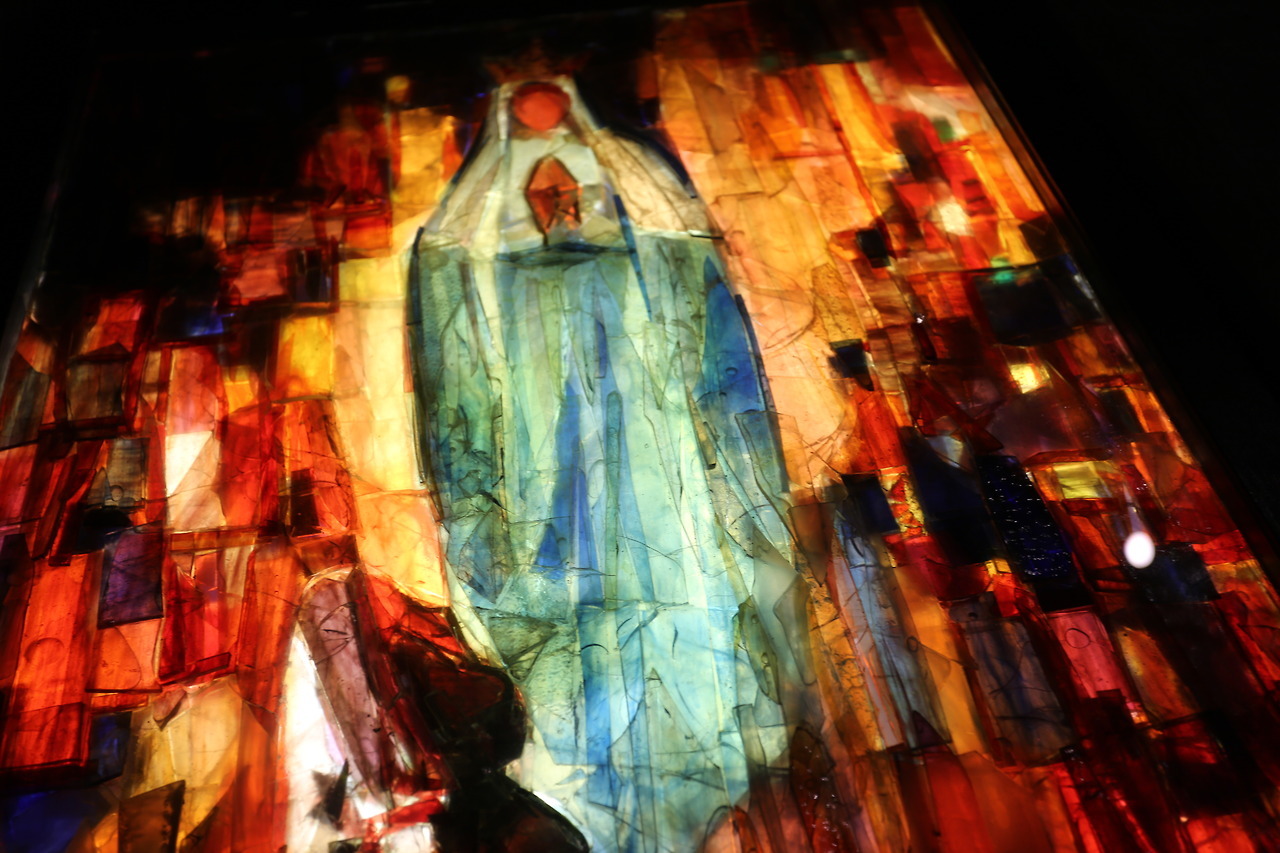Sir. 3:17-18, 20, 28-29; Ps. 68:4-7,10-11; Heb. 12:18-19, 22-24a; Lk. 14:1, 7-14
Humble of heart! The Lord calls us to be humble of heart with the courage to take up his “yoke” and learn from him. Humility raises the last to be first. This is the guiding principle in the kingdom of God. Humility of heart is the antidote to the sin of pride. A humble heart is open to the truth greater than oneself beginning with there is a God and we are not him. It is not about “my truth” but “the truth”. We are living in a time when society no longer accepts there is an absolute truth but preaches finding your own way. Being humble of heart is to return to the faith in one God, one truth, his way and to follow where it may lead us. Today it leads us to take up the “yoke” and learn from the Lord to carry the grace of humility of heart.
The meaning of the “yoke” is to become closely attached to each other such as the wooden crosspiece that unites two animals to work together in farming. Baptism unites us to Jesus on the cross to live our faith with courage in the midst of sin and suffering and work together for salvation. It takes courage to pick up the cross of Christ as Simon of Cyrene wrapped his arm across Jesus to help him lift up the cross and carry it. They were yoked together as a sign of living the Christian dignity with humility of heart even unto death.
The sin of pride is the desire to be first. Jesus is first in the kingdom and we learn from him true humility by loving our neighbor as ourselves, desiring what is good for the other as a blessing to oneself. Together we are yoked in one body that shares in unity both the joys and sufferings of life. We are to celebrate together, work together, suffer together, offer ourselves up together and gather together to be one in the Lord this day in the celebration of the Mass. The sin of pride looks to divide and determine who is the greatest in the kingdom. Jesus’ lesson is “For everyone who exalts himself will be humbled, but the one who humbles himself will be exalted.”
The grace of humility is a gift to pray for. When was the last time we prayed, “Lord, give me the grace of humility”? It will go a long way in fulfilling all the other virtues we ask for such as patience, perseverance, slow to anger, kindness and more. Start with humility as a foundational virtue and many of the other virtues will come easier. Prayer is for a conversion of self into the image and likeness of Christ. We often turn to prayer to ask for a change in others, a change of events, a change outside of ourselves and forget to ask for the change the Lord wants to make in us for we lack humility of heart. “Lord, change me! Lord, give me a humble heart.”
We can see in Jesus that humility does not deny the truth. Jesus never denied himself as the Son of God, or his kingship. With humility of heart, he dared to speak the truth and challenge the thinking of the Pharisees. It was his love of other, love of our humanity, love for the purpose he came to serve that came through in humility. What about us?
There is the expression “the more I know the less I know”. It expresses the humility of heart that comes with the maturity of time. When were young we feel we have “it”, whatever “it” is that makes us confident and powerful. Then we grow to realize how vast “it” is to come to the knowledge of the world and to understand “it” is all by the hand of God. Scripture is filled with humility of heart; Genesis 43:28 “They bowed down in humility”; Leviticus 16:31 “spend your day in quiet humility’’; Psalm 18:35 “your humility exalts me”; Proverbs 11:2 “with humility comes wisdom”; Proverbs 22:4 “The reward of humility and the fear of the Lord is riches, honor, and life”; Proverbs 29:23 “Too much pride brings disgrace; humility leads to honor” and 1 Peter 3:8 “Let humility describe who you are”. How are we doing on the path of humility?
I had just finished graduate school and was having my first professional interview for a job. There were two people interviewing me one said, “you are very proud”. It wasn’t a question but a statement. It hit me like a slap on the face as I asked myself “Is this how I am coming across full of myself?” When someone comes across as proud, they also can be called out as a “know it all”. Not exactly the face of humility. Does this ring familiar with anybody? The culture for males is especially drawn to be heroes and warriors but it can be misguided to be “macho” as in arrogant and bully versus a true hero/warrior who is sacrificial and humble.
As parents we lift up with pride our children, give them recognition for effort, teach them to keep their chin up, and place them on a pedestal and there are appropriate moments when they need this. There is also a time for a healthy dose of humility where love means “no excuses”, saying “I’m sorry” or giving credit to others. Whoever came up with the saying “love is never having to say you are sorry” is in a fantasy and not in God’s world. In God’s world we go in humility of heart to confess “I am sorry for all my sins and having offended thee”. Couples say “I’m sorry” more times in a day than “I love you”. Maybe if we said “I love you” more often we would not need to say “I’m sorry”, something to ponder.
What about “no excuses”? In 3rd grade, I was the fastest runner in my class. One day I lost my first race and somehow the teacher heard about it. He brought it up in class and I said I was feeling sick. He quickly responded “no excuses”. All of a sudden, I felt humiliated in front of everyone, that is I was humbled by someone else and had to swallow my green beans, that is my pride. I hate green beans. Well, “hate” is a strong word so change that to “I love to give away my green beans”.
Parents’ love is teaching our children to grow in virtue and preparing for the realities of life with a healthy dose of temperance. It’s not all about them. This reality hits home with the first major rejection in life and have we prepared them for it with healthy dose of humility? Today suicide rates are up among the youth as they face social bullying, broken homes, access to drugs, and identity crisis in a world where anything goes. For the world humility is not a virtue of value but a sign of weakness and everyone is to wear a happy face of pride but ultimately, we cannot deny ourselves. We are dust and to dust we shall return but something greater is here and it is the love of God who created us for eternity and will raise us up to himself.
Today the lesson is clear “conduct your affairs with humility and you will be loved more…(and) the greater you are”. When we give the place of honor to others, we demonstrate we are living the greatest commandment. Our love of God with all our heart, mind and soul is seen in the love we give our neighbor. Let us be humble of heart.












Recent Comments